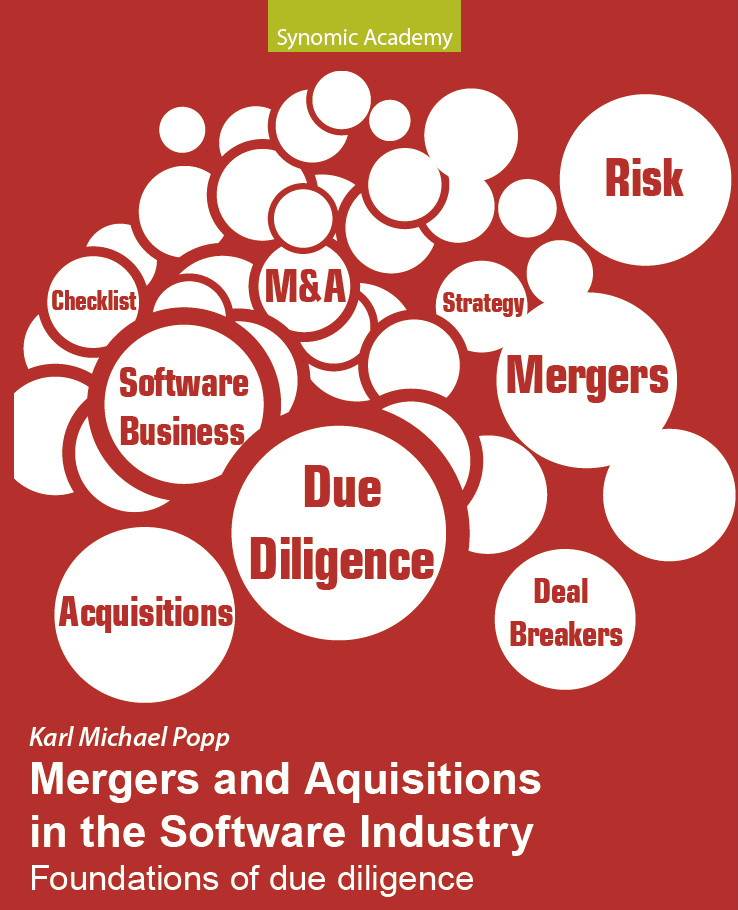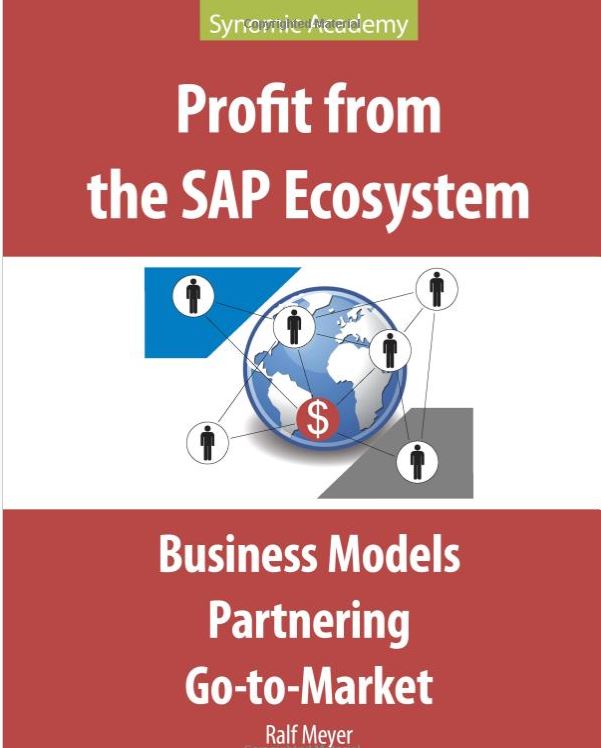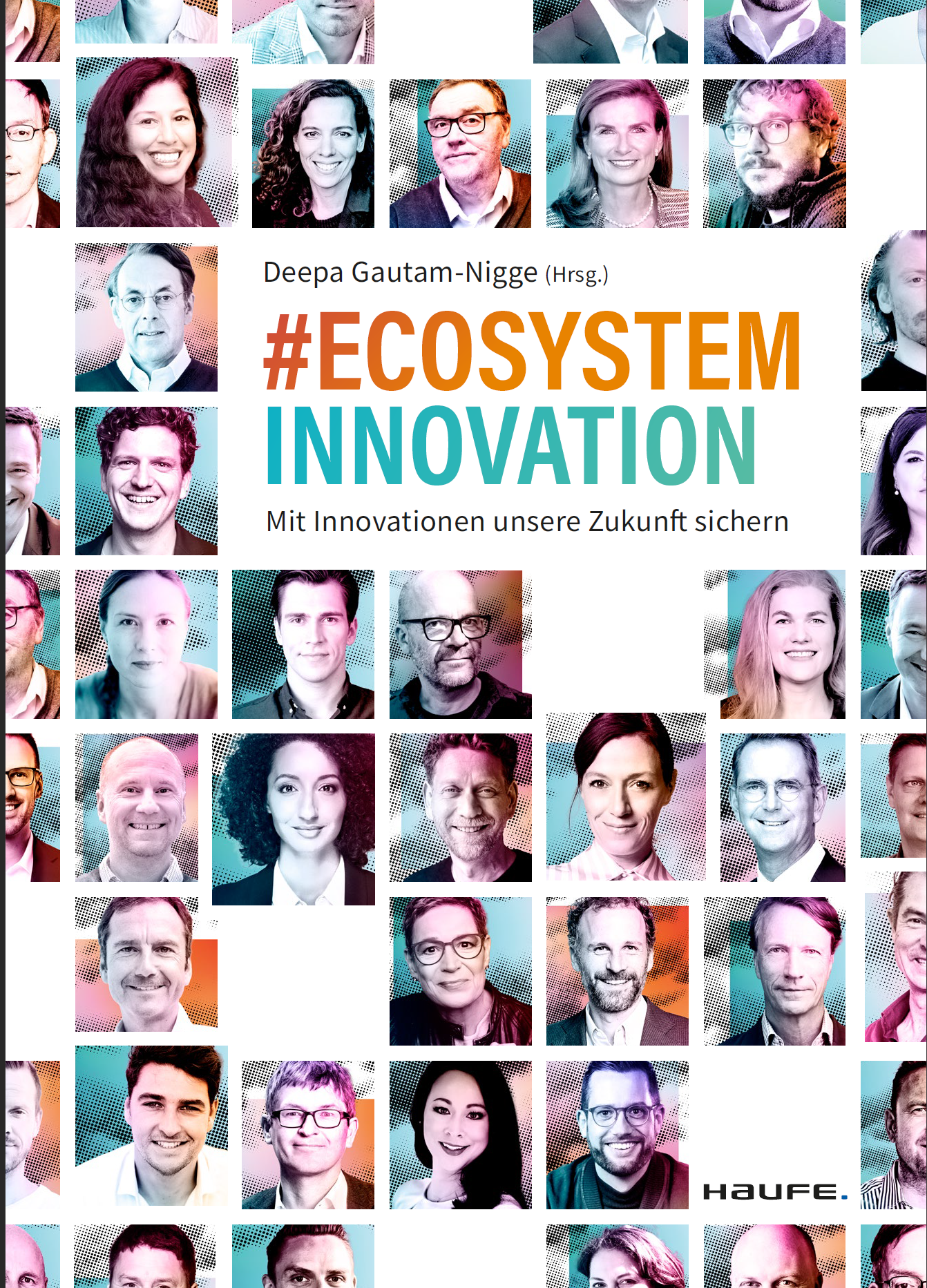Business models of data marketplaces
In today's data-driven world, the concept of data marketplaces has emerged as a powerful force shaping the business landscape. These platforms act as hubs where organizations can buy, sell, and exchange various types of data. The models behind these data marketplaces are diverse and evolving, creating new opportunities for businesses across industries.
One prevalent business model is the subscription-based approach, where users pay a regular fee to access a curated selection of data. This model provides a steady revenue stream for the marketplace while offering consistent value to the subscribers. Another popular model is the pay-per-use model, in which users are charged based on the volume of data they access or the specific datasets they acquire. This flexible approach allows for customization and aligns costs with actual usage.
Furthermore, some data marketplaces operate on a commission-based model, taking a percentage of the transactions facilitated through their platform. This incentivizes the marketplace to promote valuable and high-quality data, as their earnings are directly tied to successful exchanges. Additionally, hybrid models combining elements of subscription, pay-per-use, and commission-based structures are gaining traction, offering the advantages of multiple models within a single platform.
As data marketplaces continue to evolve, new models and strategies are constantly being explored, such as freemium models, where basic data access is free, but premium features or datasets are offered at a cost. We are witnessing a dynamic ecosystem of innovation and adaptation, as businesses navigate the complexities of data commercialization.
Ultimately, the success of data marketplaces hinges on their ability to foster trust, ensure data privacy and security, and deliver real value to all participants. As these platforms continue to reshape the way data is shared and utilized, understanding the diverse business models they employ is crucial for businesses seeking to harness the power of data in the modern economy.
Now, continue to
Aggregator business models: what are the key aspects?
Aggregator business models: what are the key advantages?
Aggregator business models: Ten aggregator company examples
Like my thoughts? READ MY NEW BOOK
ORDER AT AMAZON
ORDER IN GERMANY







